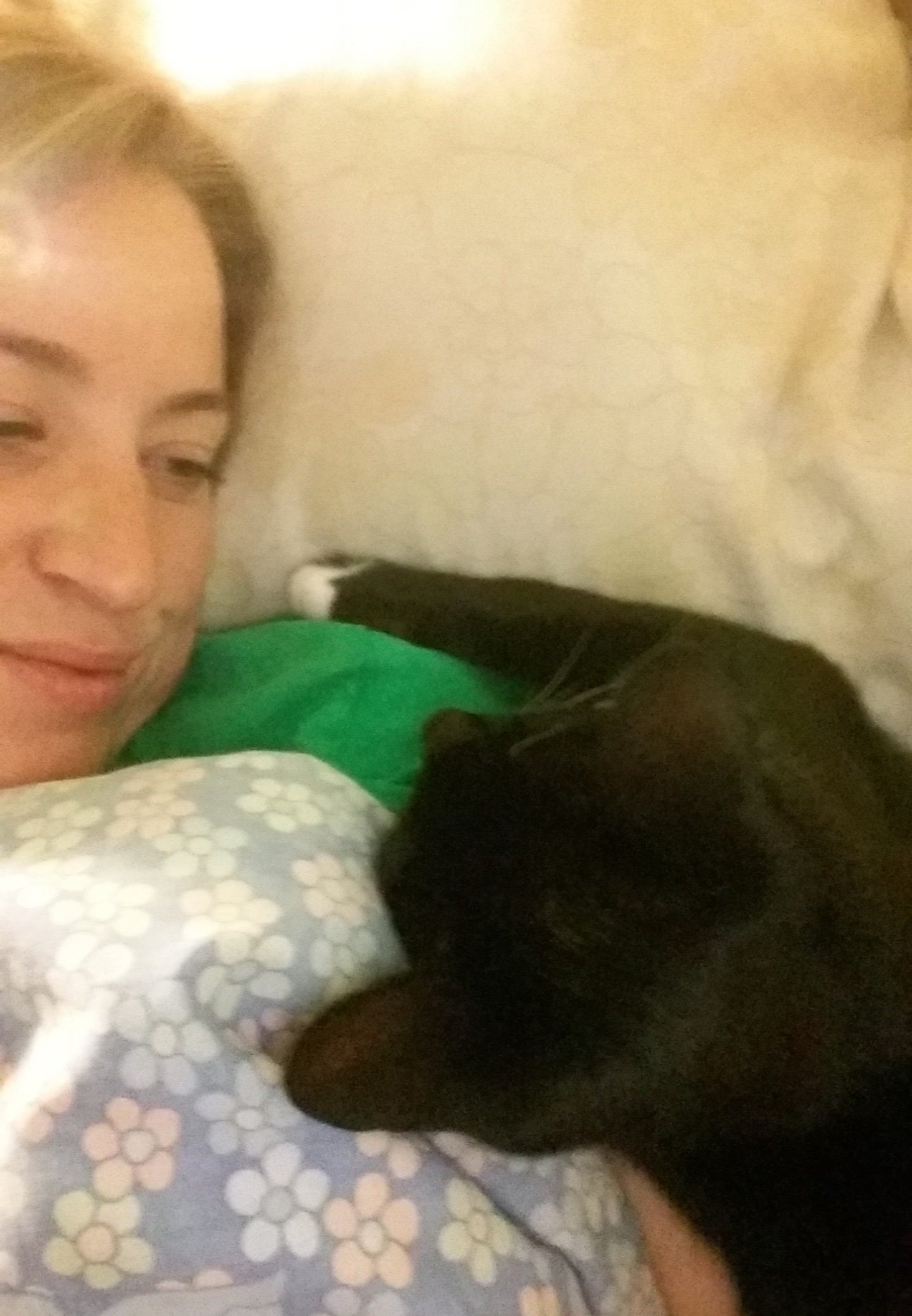Have you ever written something that was more truthful than you recognised
How creativity is an essential form of unmasking for all of us
This week, my Thursday post is on Saturday night because time runs away from me. I hope you can forgive me!
I’ve been writing my keynote for the Creativity, Creative Arts and Neurodivergence conference, and I keep coming back to this idea that creativity is a form of unmasking.
When I was younger, writing fiction, I thought I was just making things up. But looking back, I see how my stories sometimes held truths I didn’t know yet. Things I couldn't admit.
My creativity was more honest than I was.
In those days, I thought alcohol was helpful. I mean, in some ways, it was. I could go to parties (something I almost never do now) talk to strangers, be funny and confident and charming.
I remember sitting on a floor in a candlelit Berlin apartment, deep in conversation with someone I’d never met before and would never see again. We connected intensely - for fifteen minutes. I was performing my best self at a high level. And I didn't even know it.
I did know that the next day I would be exhausted.
Those days weren't all bad. I had so many fun drunken adventures and connecting with strangers can be magnificent. The problem was the extent to which I didn't know the me beneath the performance.
That’s the thing about masking: it works. Until it doesn’t. Alcohol is a shortcut to connection that ends up leading you further away from yourself. Over time, the cost is enormous.
It wasn’t until I started writing online -first about drinking, and later about neurodivergence - that I began to feel known and understood, even by myself.
Saying these things out loud to my AA friends first (and then typing quietly into my blog) was the beginning of a huge shift.
I've been loving the writings of memoirist
recently and how she writes about writing yourself into a new life. That’s what I was trying to do.It's what I’m still trying to do! I want to accept the chaos that surrounds me as I live family life with a full time job and serious executive dysfunction. Almost no working memory.
I want to be able to laugh when I lose my keys for the umpteenth time. Or at least not snap at anyone or criticise myself in my head.
Is this possible? I have to believe it is!
Getting sober changed everything for me. I know that transformation is possible. I’ve done it before. I’ve seen my friends do it.
That's what this newsletter is, at its best - a space where you can learn it's okay to be chaotic and unfinished, and where you can also find hope that you can become kinder TO YOURSELF.
Have you ever written something you didn’t understand until later? Or had a version of yourself that could dazzle but left you exhausted?
If you enjoy what I do, consider supporting me on Ko-fi - every tip means the world!
You can connect with the Autistic community on Twitter. If you have a question, use #ActuallyAutistic or #AskingAutistics (or both). You can also visit The Autism Self Advocacy Network and the Autistic Not Weird Facebook page and website.
📚 Chelsey Flood is the author of award-winning novels Infinite Sky and Nightwanderers, and a senior lecturer in creative writing at UWE. She is currently working on a book for Jessica Kingsley Publishers about the connection between undiagnosed neurodiversity and addiction, as well as her first domestic noir. 📚





Heh heh, Yes, Chelsey, all the time. Truth is difficult to look in the eye, so I am glad it likes to appear as story, metaphor, rhythm, a sliver of light through swaying curtains.
(in response to the question: Have you ever written something that was more truthful than you recognised?)
My lecturer for English A Level said 'Most creative writing has it's basis in ourselves, so write about things you know about.'
He made a good point. All art is an extension of ourselves, after all.